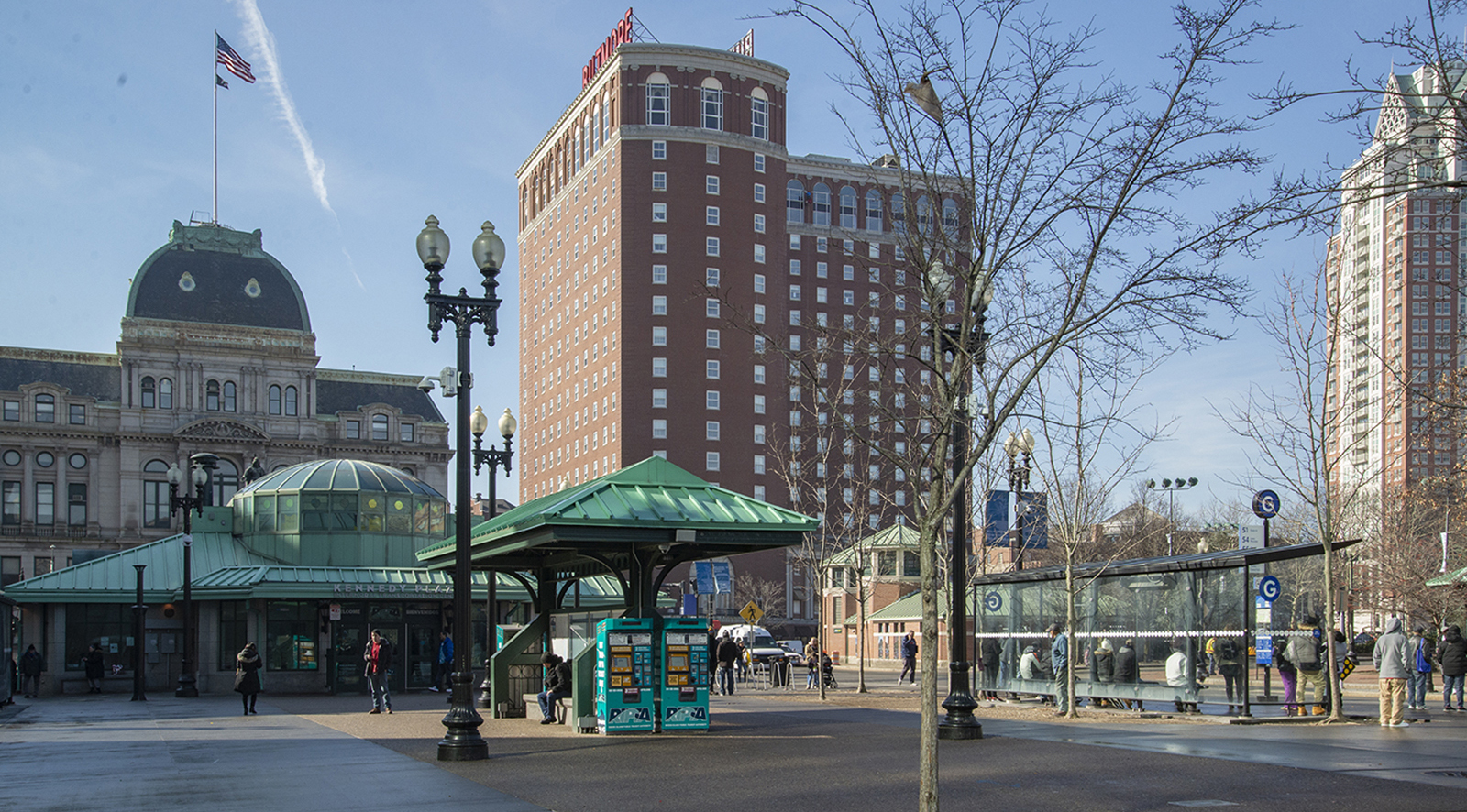Environmental Protections Require the Feds But They’ve Been Swamped
June 12, 2019
Watching what the feds are up to on the environmental front is pretty nervous-making.
As environmental regulations are undone, Environmental Protection Agency studies curtailed, climate change denied, and fossil-fuel lobbyists and executives given jobs that are supposed to protect the environment, it’s hard to feel optimistic about what’s going on in Washington, D.C.
Which means, of course, that it’s hard to feel optimistic about the air we breathe, the water we drink, and the products we buy, given the role the federal government has played in environmental protection since the late 1960s.
Nevertheless, Trump recently told Prince Charles that America’s environment is “clean.” Well, maybe. But how long will that last, if we continue down the laissez-faire, head-in-the-sand path we’ve been taking since January 2017?
I pondered such questions a few months ago as I spent a few weeks working with teachers in the Middle East, mostly in Lebanon, but briefly in Iraq. I travel to Lebanon for work several times a year. I love the country, crazy as its domestic politics and international enmeshments may be.
But Lebanon is a good example of what happens when the national government doesn’t assume responsibility for protecting the environment.
What happens is simple. Drive along what should be a lovely coastline and you’ll see huge mounds of garbage piled by the seashore and sliding slowly into the Mediterranean, beaches filthy with plastic detritus, to say nothing of the periodic surges in E. coli bacteria from pipes that pour raw sewage into the sea. You’ll watch the air get brown with pollution when the winds die down, uninspected cars spewing dark clouds from their exhaust pipes, and thousands of unregistered generators pumping fumes into the air when the power goes out, which it does every day, like clockwork.
That’s not to say there aren’t efforts to tidy things up in Lebanon. But reading about projects, for example, like the one to reforest the banks of the near-putrid Beirut River, I have to wonder just how much difference individuals and groups can make. Without, that is, a strong and committed national government to study the issues, pass and enforce the laws, and, in general, give us the sense that somebody’s minding the environmental store.
These questions come to mind when I read about the many initiatives being taken by states and localities in this country. Several recent articles about such initiatives detail the wide range of efforts to step into the void that’s being created by the federal government.
To cite a few, a Washington Post article begins with the sweeping generalization that “From Maine to California, Democratic politicians have begun adopt the Green New Deal Brand — a progressive movement to dramatically tackle climate change over the next decade — to describe their own contributions to address global warming.”
A Minnesota Star-Tribune article begins, “The Minnesota Legislature is muscling in on the power of state agencies in a broad effort to assume more influence over everything from water quality to health and safety regulations.”
So whether it’s New York City compelling landlords to curtail toxic emissions, the 14 states that are working on tougher fuel standards, or Rhode Island inching its way toward figuring out how to ban single-use plastic retail bags, local and state government officials are stepping into the void that the Trump administration is creating as it undoes all the environmental regulations it thinks it can get away with.
Digging through this encouraging news, I was reminded of an article I wrote for ecoRI News in February 2017. I’d been curious to find out how Rhode Island environmental activists were feeling about the new administration, which had frequently flaunted its disdain for environmental regulations.
By the time I’d finished writing that article, I felt fairly optimistic. It wasn’t just the Rhode Island Department of Environmental Management’s assumptions that it would be able to pick up some of the slack, or clarifications from nonprofits about how self-generated most of their efforts already were. Everyone I spoke with had seemed to be holding onto an off-beat optimism, like that evidenced by Save The Bay executive director Jonathan Stone’s comment that, “It’s good to remember that the federal bureaucracy moves slowly, and sometimes that’s a good thing. This might be one of those times. All of us have to take a deep breath.”
Well, I’ve taken a lot of deep breaths since then. Most of them are accompanied by the hope that we won’t have done too much irrevocable damage by the time a new, more sensible administration takes over. The rest of the breaths come with a hopefulness generated by news like that about state and local efforts.
And every now and then, of course, the feds do something right, like the fact that the EPA has pulled 12 bee-killing neonicotinoids off the market.
But immediately after reading that, I read that GE had lost $193 million between 2015 and 2018 by misjudgments that caused it to invest in fossil fuels instead of renewable energy.
And, through it all, I remember Lebanon, with its polluted waters and air, its lack of renewable-energy installations, and, even worse, most people’s what-ya-gonna-do? attitude.
I’m afraid that, without a national government to set and uphold well-researched and well-reasoned environmental standards, it doesn’t take long to find yourself in a place like that, a place of not much hope for the environment.
Providence resident Nicholas Boke is a freelance writer and international education consultant who works in the Middle East and Africa.
Categories
Join the Discussion
View CommentsYour support keeps our reporters on the environmental beat.
Reader support is at the core of our nonprofit news model. Together, we can keep the environment in the headlines.
We use cookies to improve your experience and deliver personalized content. View Cookie Settings



